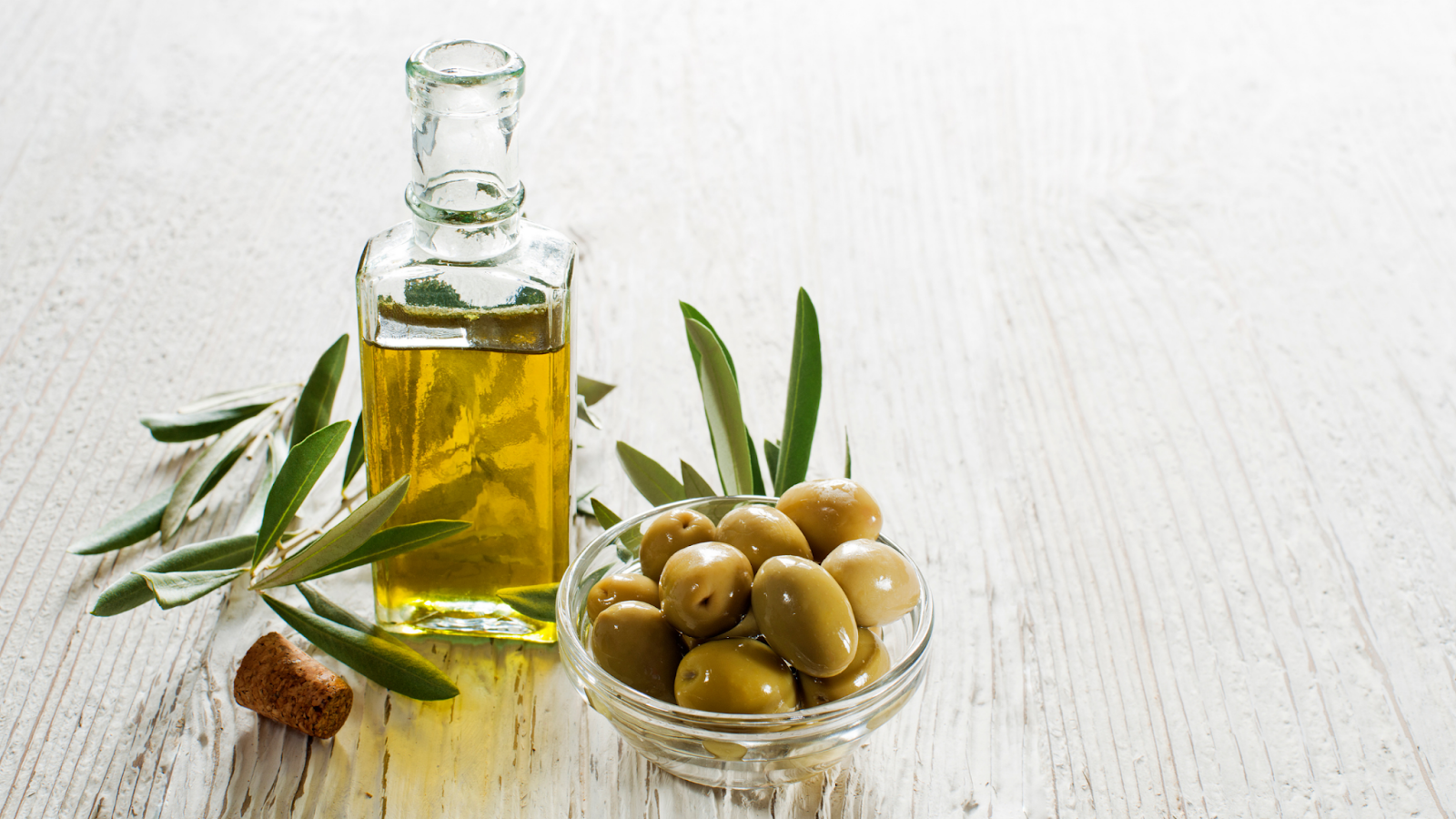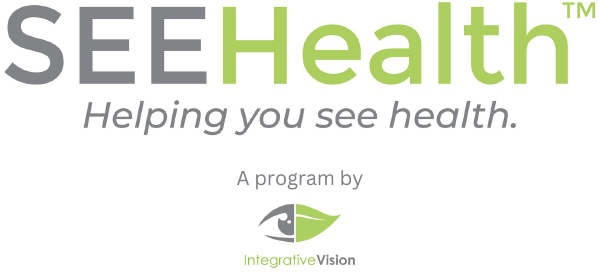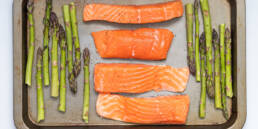How Inflammation Impacts Your Eyes
Have your eyes ever felt like they were burning, watering for no reason, or simply uncomfortable? Whether it feels like something that builds throughout the day or comes on suddenly — your body is trying to tell you something…
Your eyes are dry!
Other symptoms of dry eye include redness, sensitivity to light, and blurred vision. Sure, there are tons of different treatment options available, like eye drops, lid scrubs, punctal plugs, and even massage eye masks.
But if you’re not looking for treatment and want to find the source of the problem, let Integrative Vision help.
Our founding optometrist and certified nutrition specialist, Dr. Neda Gioia, brings functional medicine to the eye care world. Her approach goes beyond symptom management and starts with your eye health nutrition.
As with anything in our body, our eyes are complex. Multiple factors control lubricating and producing the proper amount of tears we need to keep our eyes comfortable.
Let’s dive into what causes dry eye disease, nutritional information specific to improving tear function, and easy ways to enhance your eye health.
 What’s Happening To Your Eyes When They’re Dry?
What’s Happening To Your Eyes When They’re Dry?
Dry eye is caused by a malfunction in your tear process. Tears are composed of three layers: oil, water, and mucous. If the balance is off in any way, you could experience dry eye symptoms.
Usually, either your eyes don’t produce enough tears or they evaporate too quickly. This is the main reason eye drops are a common first line of treatment. You’re able to add needed moisture to your eyes fast and easily.
Looking deeper, at the root of the problem, we can begin to understand the importance of nutrients and supplements to our eye health. Dry eye causes an inflammatory reaction on your ocular surface, and — if we treat this at its source — dry eye symptoms will improve.
Imagine that your dry eyes are ‘sick’ and tears are one ‘clue’ to what’s wrong. We need to heal your eyes with specific nutrition that gives them what’s missing to function best.
It’s important to note that inflammation can be associated with autoimmune and gut health issues. Autoimmune diseases attack your own body’s cells and in some cases can interfere with your tear function. Integrative Vision takes into account your entire health when treating your eye conditions like dry eye.
Improve Your Dry Eyes with Essential Fatty Acids (EFAs)
EFAs boost the absorption of minerals and nutrients in our bodies. Providing optimal function for everything else — on a cellular level. EFAs are vital in metabolic roles for the body to provide needed building blocks for normal growth, repair, and function. We’ll focus on two essential fatty acids (EFAs) that specifically support dry eye nutrition.
Omega-6 Essential Fatty Acid
Did you know our bodies don’t produce fatty acids? This means we have to get them from our diet! Plenty of good news here because Omega-6 is common in everyday foods like meat, vegetables, seeds, dairy, and eggs.
 Omega-6 aids in metabolizing a specific anti-inflammatory prostaglandin called PGE1, which reduces ocular surface inflammation (aka dry eye). Plus, it lessens the inflammatory process that plays a role in dry eyes — like making sure you’re glands release enough oil for the surface of your eye to remain comfortable.
Omega-6 aids in metabolizing a specific anti-inflammatory prostaglandin called PGE1, which reduces ocular surface inflammation (aka dry eye). Plus, it lessens the inflammatory process that plays a role in dry eyes — like making sure you’re glands release enough oil for the surface of your eye to remain comfortable.
Omega-6 gamma-linolenic acid (GLA) is another fighter of dry eye. This metabolite aids PGE1 to support healthy mucosal tissue and tear film, both crucial in maintaining moisture in your eyes. It’s found in evening primrose oil, borage oil, and black currant seed oil.
Where else can you find Omega-6?
- Sunflower, Safflower, & Soybean Oil
- Pumpkin & Sunflower Seeds
- Walnuts
Omega-3 Essential Fatty Acid
Omega-3 is beneficial to your eyes because it aids another anti-inflammatory agent to protect the surface of your eyes. Omega-3 contains eicosatetraenoic acid (EPA) and docosahexaenoic acid (DHA) — even more anti-inflammatory properties that stimulate tear function. Noticing a trend here?
It’s important to bring both Omega-6 and Omega-3 jointly in your diet to work more efficiently because Omega-3 needs Omega-6 to metabolize correctly. Research has shown GLA is beneficial in dry eye therapy but not without EPA and DHA supplementation.
Where else can you find Omega-3?
- Oily Fish (Salmon, Mackerel, Herring)
- Flax Seeds & Chia Seeds
- Fish & Flaxseed Oil
- Walnuts
Best way to easily get both at the same time? Think of a nice salmon filet cooked in sunflower oil and lemon with a spinach salad adding walnuts! You’re enjoying a delicious meal and fighting dry eye from the inside out — win, win!
Also, it’s imperative to know what your Omega 3:6 ratio is as this balance is key. At home tests and lab tests can easily find what your levels are, so you know how to optimize them.
Tip: If you’re taking a high-quality Omega supplement, store it in the freezer. This prevents those awful fish burps by slowing your body’s absorption while still getting all that essential fatty acid goodness!
 2 Important Vitamins that Help Heal Your Dry Eye
2 Important Vitamins that Help Heal Your Dry Eye
Alright, we hit home how important EFAs are for our diet and eye health. Now let’s look at a few other nutritional options to help our eyes out.
Vitamin A
Our cornea is comprised of multiple layers with tons of cells, including epithelial cells. Vitamin A is vital for the healthy function of these types of cells, which are found all over the body. By adding a good source of this vitamin, not only are you helping your eyes, but your overall health. Vitamin A can be found in liver, oily fish, spinach, and carrots. (Yes, they are good for your eyes!) One study uncovered that Vitamin A supplementation improves the quality of tears and reduced dry eye symptoms.
 Vitamin C
Vitamin C
As ascorbic acid and fat-soluble ascorbyl palmitate, Vitamin C boosts PGE1 synthesis (meaning less inflammation!) because this type of vitamin C has an extended half-life. Vitamin C is suggested to enhance IgE concentration in tears. IgE comes from our immune system and protects our eyes from common allergens and pathogens.
Excellent sources of vitamin C include red peppers, orange juice, grapefruit, spinach, and broccoli. Catching on here? Colorful fruits and vegetables and leafy greens — yum!
Integrative Vision Helps Your Eyes & Sight by Healing the Inside with Proper Nutrition
We aren’t here to say common treatment methods aren’t effective — they are. They relieve symptoms, for sure. But if you want to heal from the inside out, you’re looking for long-term solutions. Using eye drops four times a day for the rest of your life isn’t the fix you want.
At Integrative Vision, we improve your dry eye disease beyond drops, lid scrubs, and punctal plugs. We want to eliminate the problem — your eyes lacking certain key nutrients.
Your overall health impacts everything, including your eye health. Fatty acids and vitamins promote your eye health on a cellular level — rather than just putting a bandaid on symptoms. Now you know some of the best foods to combat dry eye and why they matter.
We know changing your diet isn’t easy, but Dr. Gioia gives you the tools to succeed.
Other Easy At-Home Tips To Help:
- Humidifier (add moisture back into the air)
- Blink! (especially when watching tv, reading, or on the computer)
- Check Medications (some cause dry eye disease)
Offering a one-of-a-kind approach to eye care, visit us in Shrewsbury, New Jersey. Our Eye Exam Plus™ includes up to 30 additional minutes with Dr. Gioia. Enjoy undivided attention and exceptional care while she reviews nutrition and supplement recommendations specific to you.




